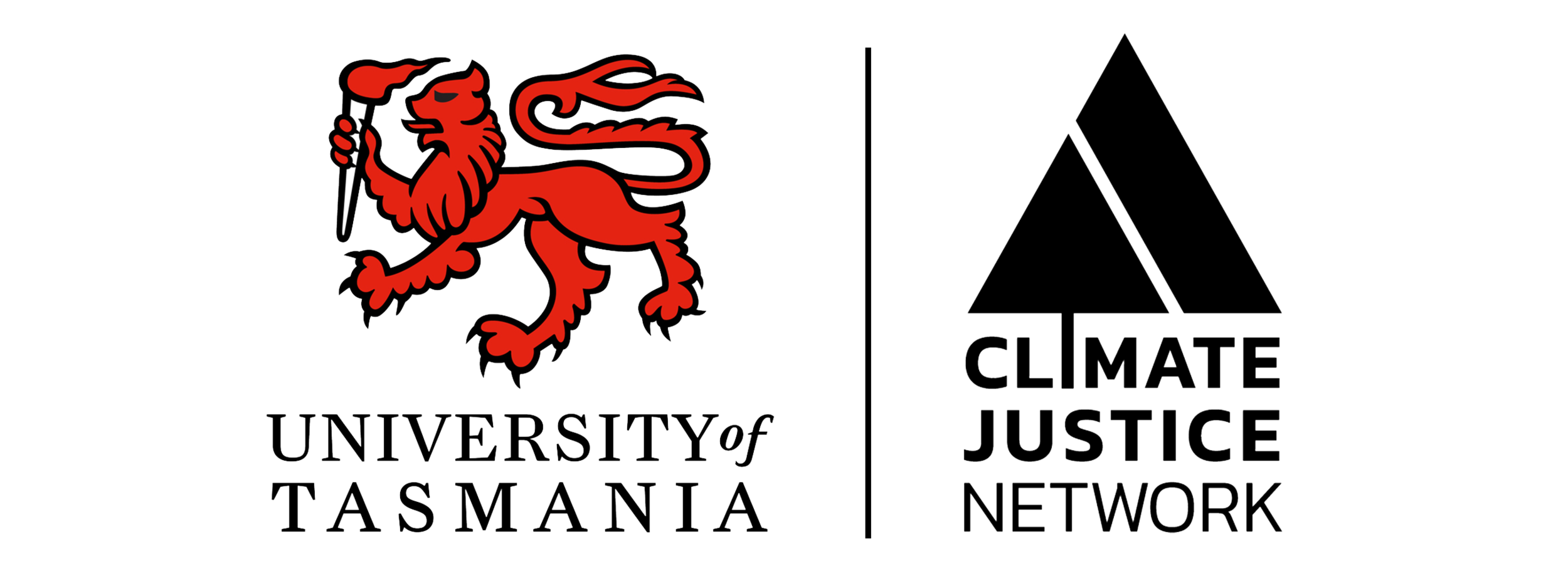Meg Keating & Jacqueline Fox discussed the Tasmanian Arts and Activism Project with the examples of the protests against the Lake Pedder and Franklin dams, and the Tasmania land conservancy’s efforts to protect sites around Tasmania. Art in activism can capture the truth in ways that other forms cannot.
This talk was held at:
Imagining a Different Future
Climate Justice Conference
The University of Tasmania with the support of the University of Utrecht Ethics Institute hosted a multidisciplinary conference examining the barriers to responding to climate change, implementing climate justice, and proposing ways forward. Among the keynote speakers were Law Faculty Professors Jan McDonald and Ben Richardson. The Law Faculty's Dr Peter Lawrence co-convened the conference with Jan Linehan. The conference took place in Hobart from 8-9 Feb 2018.
Despite the Paris Agreement, there are real concerns the prevailing neoliberal economic and political model, particularly with the move to more insular, nationalistic, fragile politics, cannot respond effectively to climate change and excludes key considerations such as ethics and justice. Videos and Podcasts from the conference are available on the Knowledge Hub.
